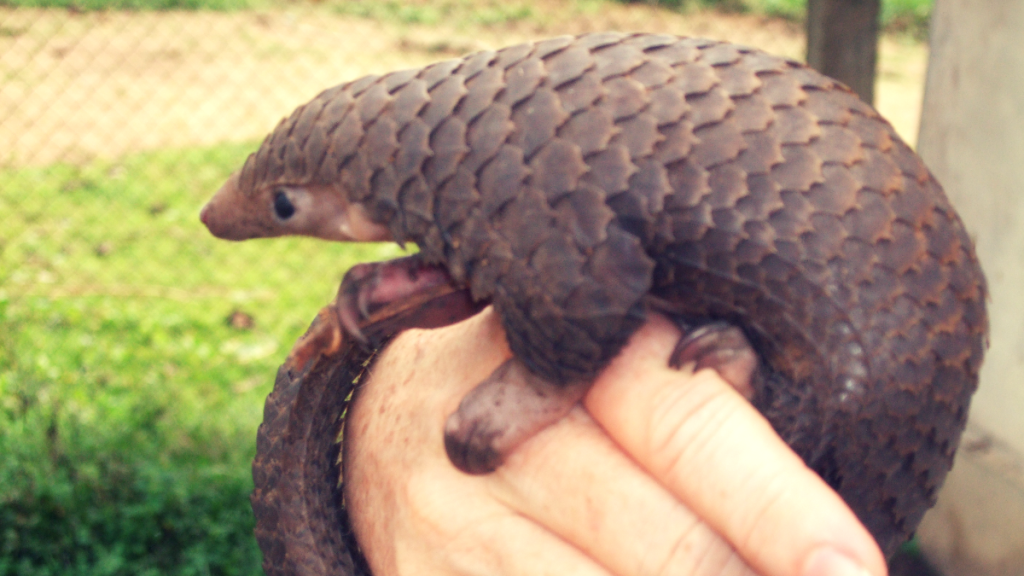The Convention on International Trade in Endangered Species of Wild Fauna and Flora, or CITES, recently banned the commercial trade of pangolins, a small mammal which resembles “an artichoke with legs” according to NPR.
The pangolin is currently in danger of extinction. Pangolin scales have long been used in traditional Asian medicine, and in recent years pangolin meat has come to be viewed as a delicacy in several countries. This growth in demand has led to a hug rise in poaching and dramatic declines in pangolin populations.
The pangolin’s natural population can’t keep up with the growth in demand. Pangolins typically mate only once per year. Females give birth to just one to three young, and those young take two years to become sexually mature. Humans are hunting pangolins faster than the wild populations can recover.
But will banning the trade of pangolins really help prevent their continued poaching?
Probably not. Consider elephants and rhinoceroses, two animals whose tusks and horns respectively are highly prized. Although the international sale of elephant ivory and rhinoceros tusks is banned, there are still active black markets for both substances. Bans can even attract more poachers than when trade is allowed—by making the sale of banned goods more costly, the potential profits for successful providers go up, encouraging more people to enter the trade.
Perhaps counterintuitively, legalizing the trade of these animal products can actually help preserve the animal populations. In the case of rhinoceroses, the horns can grow back after being cut off. While illegal poachers find it easier to kill the animal to take the horn, under a legal system, people have incentives to keep rhinos alive and even raise them like livestock to harvest their horns.
For elephants, allowing the sale of ivory would help to undermine black markets and increase protection of elephants. By putting existing stockpiles of ivory back on the market, the supply of ivory would drastically increase, leading to lower prices for ivory and thus lower profits for poachers. If locals were able to sell the ivory from local elephants who died naturally, or tusks that naturally break off of living elephants, they would have economic incentives to protect the elephants who live nearby and prevent poaching.
Banning the international trade of pangolins won’t decrease the huge demand for its scales and meat. The higher profits garnered under the black market may even attract more pangolin poachers than there already are.
If conservationists truly want to protect the pangolin, they’ll need to acknowledge the incentives of the humans that threaten them, and create policies which address them. Banning trade encourages poachers to hunt pangolins to near extinction. Allowing legal trade in pangolins could encourage people to protect and grow the populations in the interest of profiting off of pangolins for years to come.
An animal that looks like an artichoke with legs is worth preserving. Unfortunately, banning the trade of pangolins won’t help.
Want to learn more about free market solutions to species conservation and environment issues? Check out the Property and Environment Research Center.



